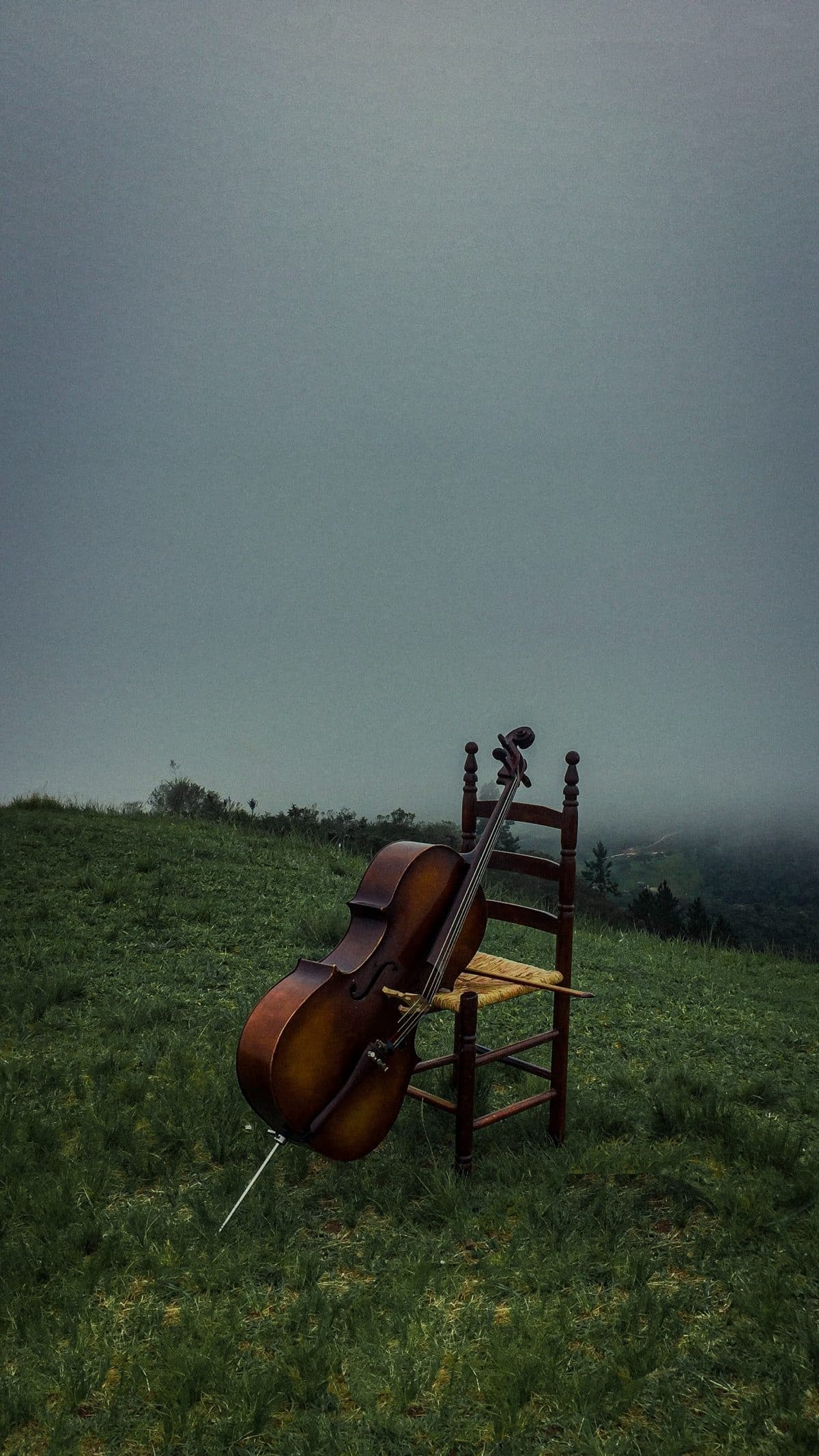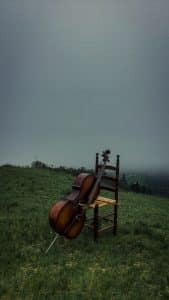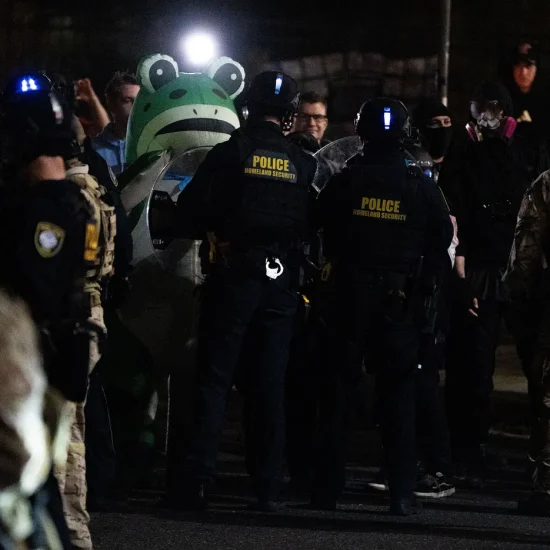
Growing up I learned to play two instruments: the piano and the cello. My parents started me on piano and then pushed me to join the school orchestra. They encouraged the violin, but I insisted on the cello. I love the cello, its sound, its moodiness.

Brian Kaylor
My parents were right, though, about one thing: the violin would’ve been a lot easier to carry on the bus each day. But the cello worked nicely to save the spot next to me and thus provide a bit of privacy as I read.
Of course, there was that time when my sister — who decided on the violin — and I missed the bus. Well, we had done that before. And our mother had so scolded us about having to leave work to quickly come get us that we decided not to call her. Maybe we should just jog to school (walking wouldn’t get us there in time).
It didn’t seem that far on the bus. But carrying a cello sure added to the 1.4-mile trip! Running the last bit, we managed to get in just before the tardy bell. I don’t specifically remember many of my days at elementary school, but I do still cherish that victory.
In hindsight, that turned out to be good practice for “strolling strings” in middle school. Yes, we strolled, rather than sit on the stage like dignified musicians. The audience sat and ate at tables while the orchestra members walked around the tables while playing. The violinists thought they were fancy by walking and playing at the same time, but it was nothing compared to us strolling cellists — resting a peg of the instrument on the back of our necks to carry the instrument there so our hands remained free for playing. A literal pain in the neck!
Eventually I played in the city’s symphony orchestra while in high school. So, while I wasn’t the next Yo-Yo Ma, I did well enough. And did I mention I enjoyed the sound of the cello?
I’ve been thinking about all that lately because 2020 is definitely a cello year. Between a global pandemic, massive protests against racial injustices, and a divisive election, the soothing sound of a violin or piano — or especially an organ or ukulele — just doesn’t strike the right tone. No, this is the year our souls need more cellos.

(Janderson Tulio/Unsplash)
If the Psalms work great with an organ, Isaiah sounds nice with a violin, and the Song of Songs longs for a saxophone, then books like Jeremiah and Lamentations need a cello. And this year is a Jeremiah and Lamentations kind of year.
That is why during the siege of Sarajevo in 1992 — as bombs transformed the city into rubble and a cemetery — it was a cellist who sat and played each day for 22 days in the midst of the remains of a downtown marketplace where a mortar round had killed 22 people. In a place of death, the “cellist of Sarajevo” offered a prophetic lament that the world is not the way it should be.
And that’s why two decades later as terrorist blasts ripped through Iraq, it was a cellist who started appearing the day after bombs to sit and play at the site of destruction. The “cellist of Baghdad” offered hope of a new day mixed with respect for the dead. Beauty, death, faith, despair — all mixed together.
There is a time to laugh, a time to dance. But this is a time to weep, a time to mourn. Some insist on singing the same old songs with the same old happy tunes as if nothing has changed — which is doubly problematic since singing in worship services is considered one of the most dangerous things with coronavirus. The cello, however, refuses to allow such self-deceit. In the minor key of truth, it cries out like Jeremiah, “‘Peace, peace,’ they say, when there is no peace.”
I can imagine Jeremiah as the cellist of Jerusalem. He’s sitting there in the rubble urging us to not look away. Don’t try to return to business as usual too quickly. Don’t go to church and smile as if the virus and the protests haven’t exposed the systemic inequalities in our communities.
Mourn the dead. Mourn the destruction of the nation. Mourn how far government officials fell from God’s commands for justice for all. Mourn how so many citizens seem greedy and uncaring about their neighbors.
The cello might be a pain in the neck sometimes, but that’s precisely why we need it in age when we’re tempted to self-medicate until we’ve numbed our senses. Sit in the rubble and offer up your laments. God is there. And that’s a beautiful thing.
Brian Kaylor is editor & president of Word&Way.






